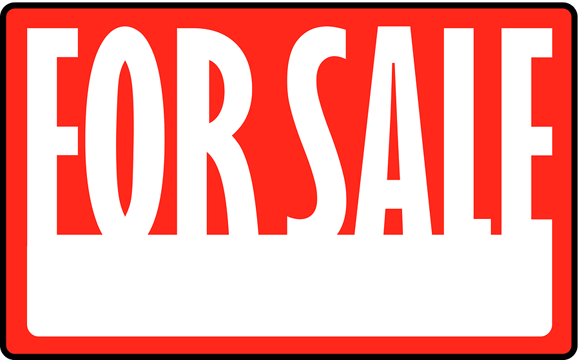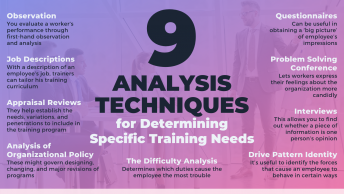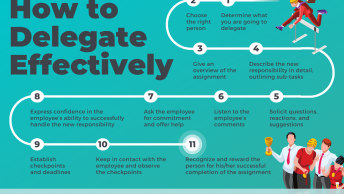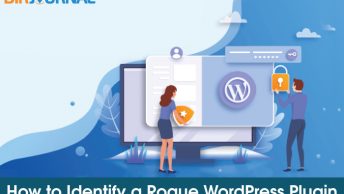
Have you ever flipped or purchased an existing website? If you’re like many buyers in the webmaster community, you probably made your buying decision based on two primary factors:
- Traffic
- Income
Chances are also good that you negotiated a sale price based on income over a period of a certain number of months. For example, the price you paid may have been the equivalent of 10 months’ income from the site.

While that kind of strategy may be common in webmaster communities, it’s not necessarily smart business. By looking only, or predominantly, at a website’s income you neglect other significant value points and you risk passing up great opportunities for mediocre ones.
Think about buying websites more like purchasing an existing traditional business. You’ll find there’s a lot under the surface worth considering. For example, you might want to look at the site’s:
- Branding and visibility (think Twitter: poorly monetized, but major value through visibility)
- Authority status and content (authority content is worth more than generic keyword-stuffed content that would turn off real visitors)
- Staff (and whether or not any of that staff will remain on board for a period after the purchase–important if the audience draw is to the owner and not the site itself)
- Domain name (even if a site’s content isn’t particularly valuable to you, the domain name could have considerable value of its own, especially if it ties in well to your existing business and offers better branding possibilities)
- Competition and Niche (if the website is in a true gem of a niche that is just getting started but has long-term potential, the site carries more value than something in an oversaturated niche like mesothelioma)
These are just some basic considerations, and there are certainly more (such as other income stream ideas you may have that aren’t yet being implemented). Now let’s look at some examples to clarify why income alone shouldn’t determine a website’s price.
Basic Assumptions
Let’s say you’re interested in purchasing a static content website that you’ll monetize through contextual ads, affiliate programs, and other advertisements. Let’s also say that you know you want to purchase a health-related website, but you’re open about the specific niche opportunities.
You come across two different cancer-related sites for sale, and you have a $10,000 budget (which just happens to be the asking price of each). Let’s evaluate the options.
Site 1: Mesothelioma
This site is in a very saturated niche. However, because the niche is well-documented, you also know that contextual ads can pay very well.
It’s been live for 2 years. The domain name is nothing extraordinary, but a hyphenated, long-tail, keyword-rich string. Traffic comes in at around 100,000 visitors per month, but reader metrics are poor (they usually only stay seconds and they rarely visit multiple pages). The reader metrics are poor because the content isn’t of very good quality–it was purchased in bulk by the owner at around $10 per article from someone who basically just used an article spinner to rehash Wikipedia content. The idea was to drive people to click on the ads alone, and the site has absolutely no authority status.
Visitors mostly come through PPC campaigns, where the site carries a $1500 per month PPC budget in order to earn an overall average monthly profit of $1000). In other words, on top of the sale price, you have to account for additional money up front of $1500 for ads, in order to bring in $2500 (for your $1000 profit).
Site 2: New Cancer Drug
Let’s say the second site wasn’t set up to be monetized. There’s not an ad in sight. The content revolves around a brand new cancer drug that most people don’t know anything about yet outside of the medical community, but which will very likely take off with massive interest in the near future.
The site is somewhat new–only three months old. While the site ranks #1 for the targeted keyword phrases related to the new drug, there isn’t much competition yet, and not many people are searching for information about it. The domain name is very targeted to the drug itself (without infringing on any trademarks from brand names).

All of the content was written by an oncologist (cancer specialist) of high repute in the field. For you to hire someone of his caliber to create new content would likely cost well over the $1.00 per word mark (a common rate for professional and expert content, despite what most webmasters are used to paying). In other words, your full budget would only buy 20 500 word articles for a new site (not factoring in hosting, design, marketing, and other costs). The existing site consists of well over 40 article explaining cancer, existing treatments, and the hope of this new drug in a way that average readers could easily understand.
A major study is also due to be released soon, and the doctor agrees to publish commentary on those study results even after the site is sold, for no additional cost. This study’s results are expected to bring massive publicity and consumer interest to the drug, meaning this site is poised to take advantage of it when people start searching for more information.
Which Would You Choose?
If your goal is to create quick income by just letting the existing site sit, you would likely choose to purchase the first site. Minimal effort required other than managing your monthly PPC campaign, and you have verified income to look forward to. Of course, you’ll have to go slightly over budget for the first month or two due to the costs of that campaign.
If you’re looking for a bigger opportunity in the long run though, you would likely be better off with the second site even though it’s newer and was not previously monetized. If you’re reasonably sure the niche will take off, and you have an opportunity to be a leader in that niche early on, you should take it. Those opportunities don’t come around often.
You would also have the ability to combine the authority / expert status of the seller with your own marketing and monetization abilities as a webmaster. In other words, the oncologist may have just set the site up for nonprofit reasons as an educational resource, but that doesn’t mean huge income potential isn’t there. It’s a part of your job as a buyer to be able to evaluate that. It would be foolish to undervalue the site (and lose it to someone else) just because the creator’s motives may have been different than your own.

On top of that potential to take over a new and upcoming niche, you would have immense PR backing. Having a site that shows up offering authoritative content when the niche does break means you have a good chance of major media mentions (and the natural traffic and quality backlinks that come with it). If the oncologist who published the material is asked to do interviews as an expert in the field, for example, chances are very good that your site will be mentioned in some way (and you can negotiate that as a term of sale if you want to).
No, not all webmasters are looking for serious, long-term, viable business opportunities on the Web. Some only want the quick fix that lousy content (that drives visitors away) loaded with ads (as the visitors’ exit strategy) will give. For what they want, that’s fine. But if you’re the type of buyer who plans to associate their name with a respectable long-term online business, and you want to become a real player in a niche, you have to move beyond that. In that case, don’t make the mistake of following those standards in website pricing and buying when there’s so much more to consider.












